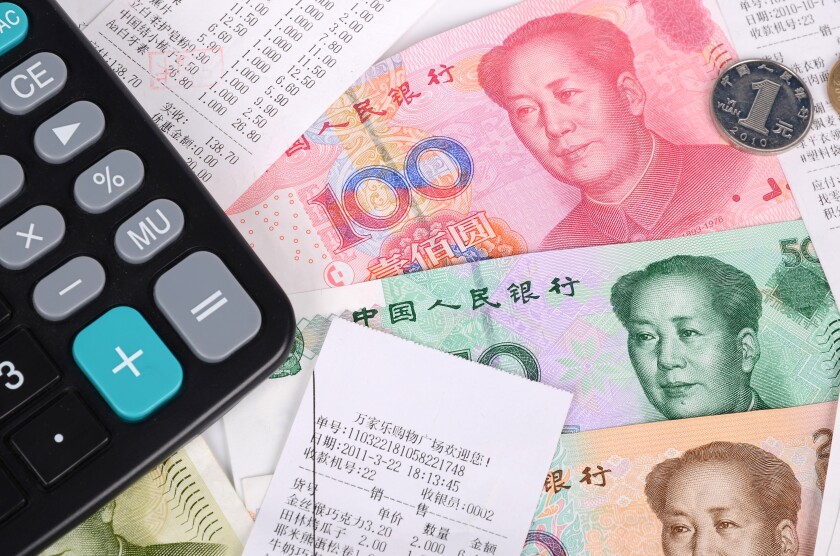China has been taking steps towards creating a more transparent and predictable tax environment by actively developing its advance tax ruling (ATR) system. A milestone was reached on December 29 2023, when the Shanghai tax authority introduced the Interim Measures for the Administration of Advance Tax Ruling, aimed at governing the ATR system in Shanghai.
Distinctive aspects of the Shanghai ATR system include the following.
Scope of applicability
The Shanghai ATR system extends to all enterprises within Shanghai, regardless of size. This is in contrast to other regions in China, where the ATR system is presently reserved for large enterprises.
Excluded tax matters
Certain tax matters fall outside the purview of ATR. This covers instances where the company does not plan to implement the transaction (for which certainty is sought) within two years, and consequently lacks a detailed project plan. Also excluded are matters or arrangements that lack reasonable business purposes, are already covered by existing tax laws/regulations, or that fall into categories specifically excluded from obtaining rulings.
Application process
Enterprises seeking an ATR can submit their application materials to the Shanghai local tax authority responsible for large enterprise tax matters, either at the municipal or district level. These materials include the application form, informed consent, and supporting evidence documents. Comprehensive details – including the nature of the ruling, the applicant’s position, and the impact on production and taxation – are crucial for a successful application.
Examination and ruling
The accepting tax authority may conduct on-site investigations to ensure compliance with set criteria. In cases related to advanced pricing rulings, the international tax department of the tax authority takes charge.
The measures outline a timeframe for examination, with the primary opinion expected within 30 days of the working group receiving the application, and the leading group’s response within 10 days of receiving the primary opinion. The timeframe for issuing the ruling is yet to be clarified in the measure.
Follow-up administration
The overseeing tax authority will monitor subsequent developments and provide services and management based on the applicant's actual business activities. In the case of significant changes in the ruled matters or alterations in the laws forming the basis of the ruling, the overseeing tax authority can recommend termination or revocation. The applicant must inform the overseeing tax authority of substantial changes within 30 days. The option to reapply for an ATR for anticipated matters is available to the applicant.
Force of law
It is crucial to understand that ATRs are personalised tax services for enterprises and do not constitute administrative acts affecting substantial rights and obligations. ATR results are not applicable for administrative reconsideration or litigation.
Final thoughts on Shanghai’s ATR system
The Shanghai ATR system is expected to benefit a broader range of taxpayers, particularly multinational enterprises, and the top 500 enterprises located in Shanghai (both foreign and Chinese). Given the increasing operational complexity faced by these enterprises, enhancing tax certainty is deemed essential. In parallel, the new Shanghai measure aligns with the Chinese tax authority's commitment to better serve taxpayers.












